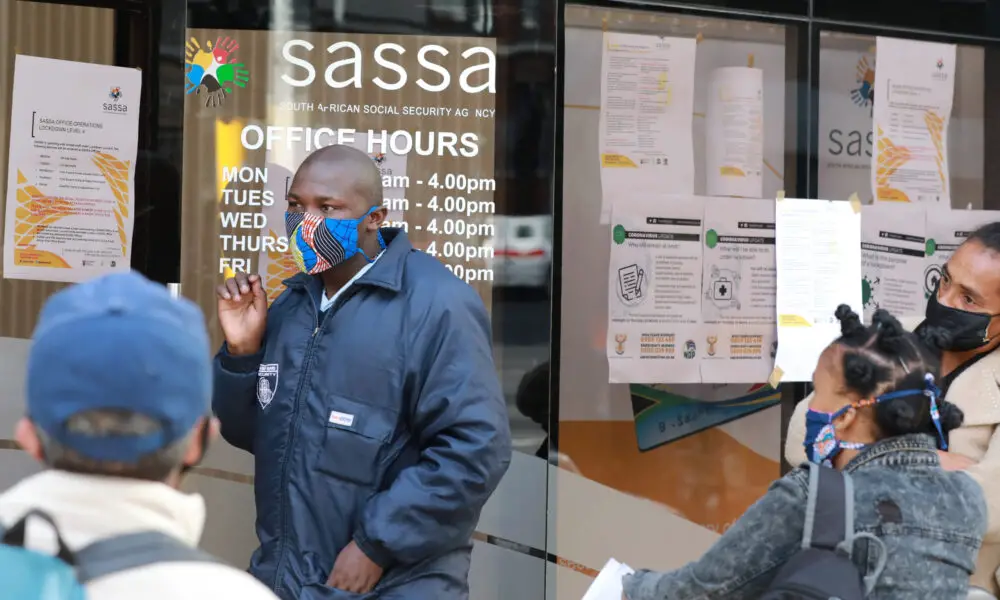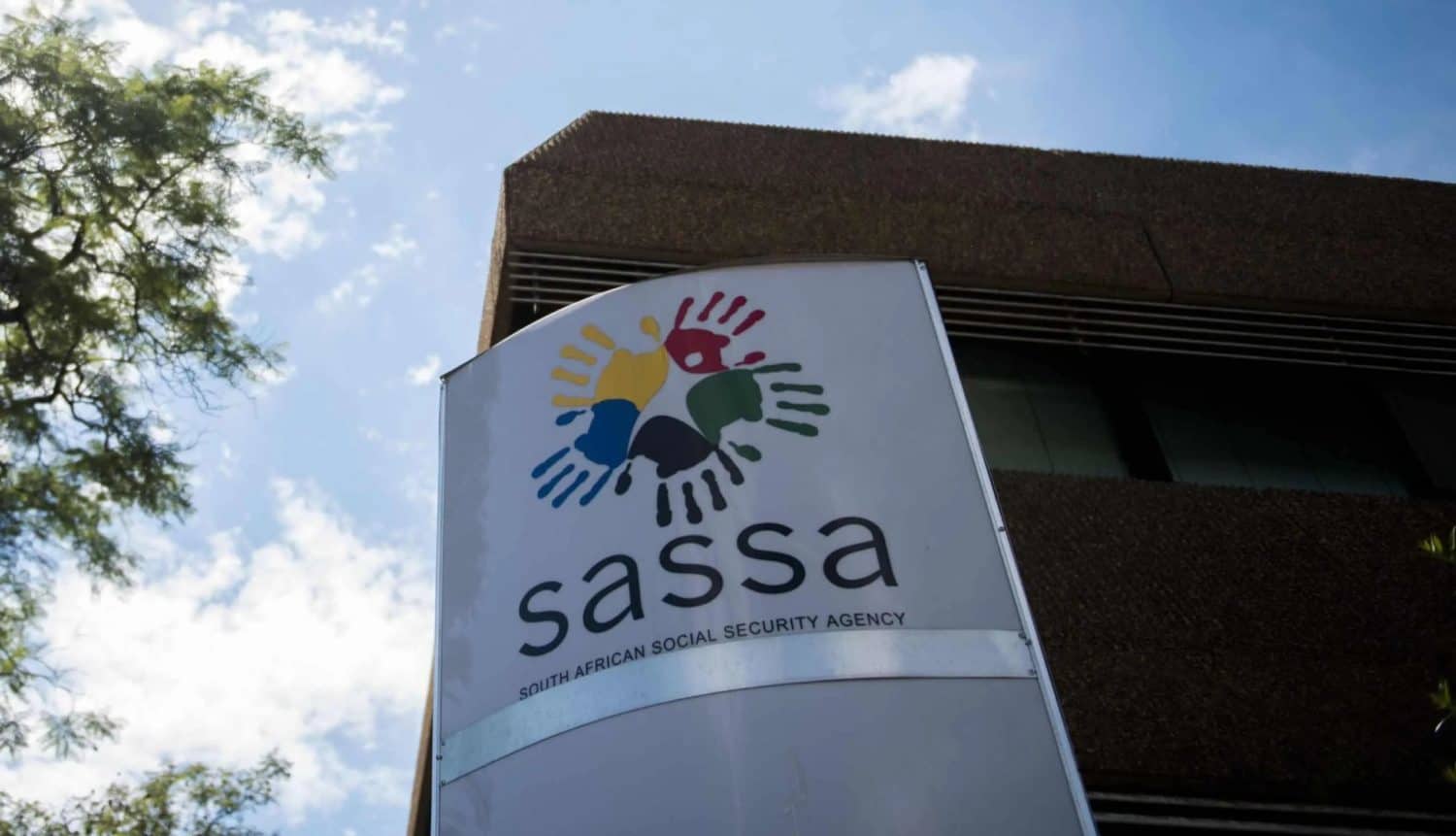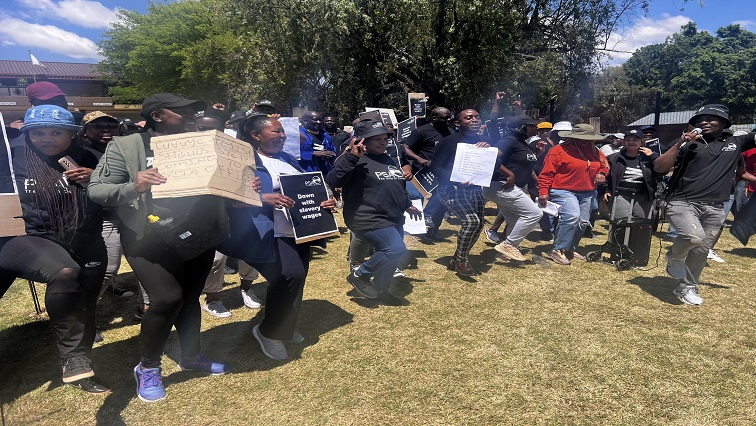Future of South Africa’s Social Relief Grant Uncertain Amid Budget Debates

By Kopano Phathu Thagisa- Published on October 26, 2023
South Africa’s social relief grant, a lifeline for millions of vulnerable citizens, is currently under intense scrutiny as the government grapples with the pressing question of its continuity. This grant, introduced in 2020, provides a monthly stipend of R350 to support those hardest hit by the Covid-19 pandemic. While the grant was initially intended as a temporary measure, it has become a critical source of income for an estimated 8.5 million people. The looming decision on whether to extend or discontinue it has far-reaching implications, both politically and economically.
ALSO READ SASSA Grant approved but not payed for november 2023
The financial complexities surrounding the social relief grant are coming to the forefront as Finance Minister Enoch Godongwana is set to present a midterm budget on November 1. This presentation will outline how the government intends to address revenue shortfalls and expenditure overruns, as more than a quarter of social development funding is allocated to various grants, including the social relief of distress (SRD) grant.
One of the most challenging aspects of this debate is the potential impact of the decision on the 2024 elections. President Cyril Ramaphosa’s African National Congress (ANC) party faces a significant challenge in maintaining its majority, with growing concerns about social and economic conditions. Therefore, removing the SRD grant altogether before the election could be a politically risky move.
“Realistically you’re going into an election year, you don’t have a vibrant economy, you have households clearly under pressure – I can’t see it being removed,” said Kevin Lings, chief economist at the financial services firm Stanlib.
Goolam Ballim, chief economist at Standard Bank, shares a similar sentiment, believing that the SRD grant will likely be extended into the fiscal year 2024-25, with the possibility of it continuing beyond that.
ALSO READ SASSA SRD Grant Payment Dates for November 2023: What Beneficiaries Need to Know
However, this decision will place the government in a challenging position, forcing it to make difficult trade-offs. To maintain the SRD grant, the government may need to consider raising taxes, increasing borrowing, or cutting other grants.
According to BNP Paribas, one approach could involve winding down housing grants and reducing other smaller grants, such as military veteran transfers.
Elizabeth Raiters, founder of “Pay the Grants,” a civil organization advocating for the continuation of the SRD grant, expressed concerns about the potential cuts to other essential spending: “They (Treasury) have said they may have to cut other spending or other grants to afford the SRD grant, but I don’t think that is fair.”
The Treasury has also outlined the possibility of raising taxes or borrowing more funds. However, this is a risky move, given the challenges it could pose. It might inflate the debt-to-GDP ratio to 72% in the midterm budget, especially when considering the increased spending on higher public wages and the problems associated with failing state-owned entities.
The SRD grant, in addition to other forms of welfare support, was extended for an additional year until March 2024, at a cost of R36.1 billion. Treasury estimates suggest that it would cost at least R50 billion more annually to make this grant a permanent fixture.
In conclusion, South Africa’s social relief grant, while initially introduced as a temporary measure, now stands at a crossroads, with significant implications for both the well-being of millions of citizens and the country’s political landscape. As Finance Minister Enoch Godongwana prepares to present the midterm budget, all eyes are on how the government will navigate the complex task of balancing its budget while ensuring the continued support of those in need. The decisions made in the coming months will have a lasting impact on the nation’s future.



